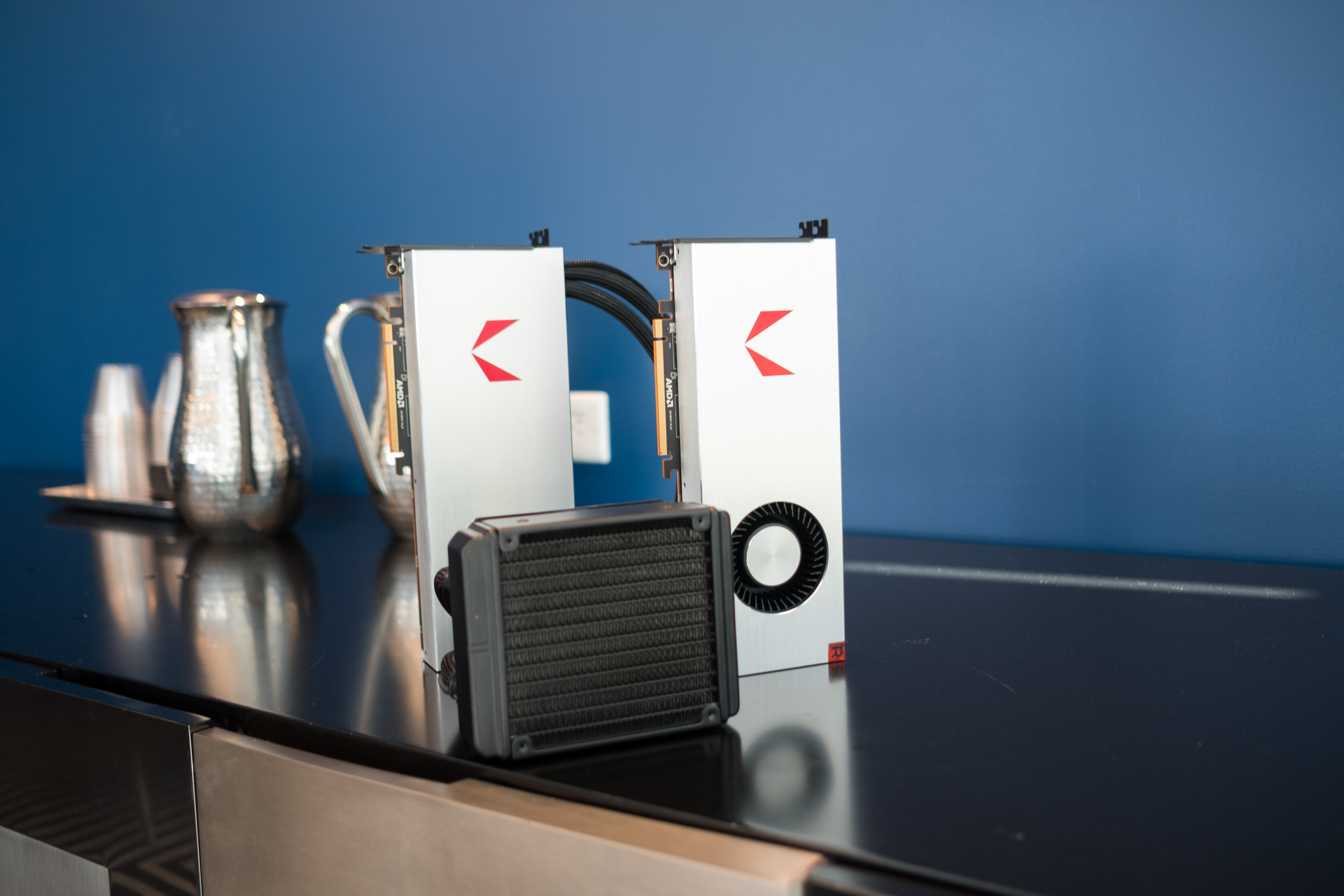Why AMD’s new graphics cards could mean good news for PS4 Pro owners
Get ready for Rapid Packed Math

Last week, AMD announced its newest series of high end graphics cards, RX Vega, which introduce a number of new technologies on the PC platform. However, it’s since emerged that these technologies could lead to massive performance boosts on the PS4 Pro.
The PS4 Pro includes a chip manufactured by AMD based on its Polaris architecture, which is how the technology is able to come to the platform.
However despite the fact that the PS4 Pro’s upcoming competitor, the Xbox One X, is also built using AMD technology, Microsoft has opted not to include the new functionality.
Rapid Packed Math
In essence, the new technology allows for double the amount of operations to be conducted when less precision is required by switching from full-float to half-float operations.
In other words when 32-bits of precision are not required, the GPU could instead run two 16-bit operations in parallel, thus effectively doubling processing throughput.
For example, a shader may be calculating colors where 32-bits of accuracy is unnecessary and in this instance could drop to 16-bits to save on performance.
One developer we spoke to, Dan Horbury at Mad Fellows Games, described this technology as being like "hyper-threading for GPUs". Hyper-threading has previously been used on CPUs to allow unused parts of a processor to act in parallel to perform more actions simultaneously.
Get daily insight, inspiration and deals in your inbox
Sign up for breaking news, reviews, opinion, top tech deals, and more.

Prior to the PS4 Pro’s launch, system architect Mark Cerny revealed that the technique could effectively lead to a doubling in computational performance from 4.2 teraflops to 8.4 teraflops. For reference, the Xbox One X has 6 teraflops of graphical performance and will not support rapid packed math.
However, Horbury cautioned that although performance would be increased, he didn't think it would quite be doubled. This is because the overhead involved with splitting operations into two 16-bit floats would eat into the performance gains.
It’s also important to note that this increased performance would only be available when 32-bits of precision are not required.
Developers will also need to code for the new technology in order to take advantage of it. AMD has revealed that upcoming shooters Wolfenstein II: The New Colossus and Far Cry 5 will do so on PC, but it’s currently unclear how large the support base will be when it comes to the console.
When the Xbox One X saw its big reveal at E3 this year, Microsoft proudly claimed that it was the most powerful console ever made. However thanks to Rapid Packed Math the gap between the two 4K consoles might be much smaller than it initially appeared.
- Via: WCCFTech
Jon Porter is the ex-Home Technology Writer for TechRadar. He has also previously written for Practical Photoshop, Trusted Reviews, Inside Higher Ed, Al Bawaba, Gizmodo UK, Genetic Literacy Project, Via Satellite, Real Homes and Plant Services Magazine, and you can now find him writing for The Verge.
